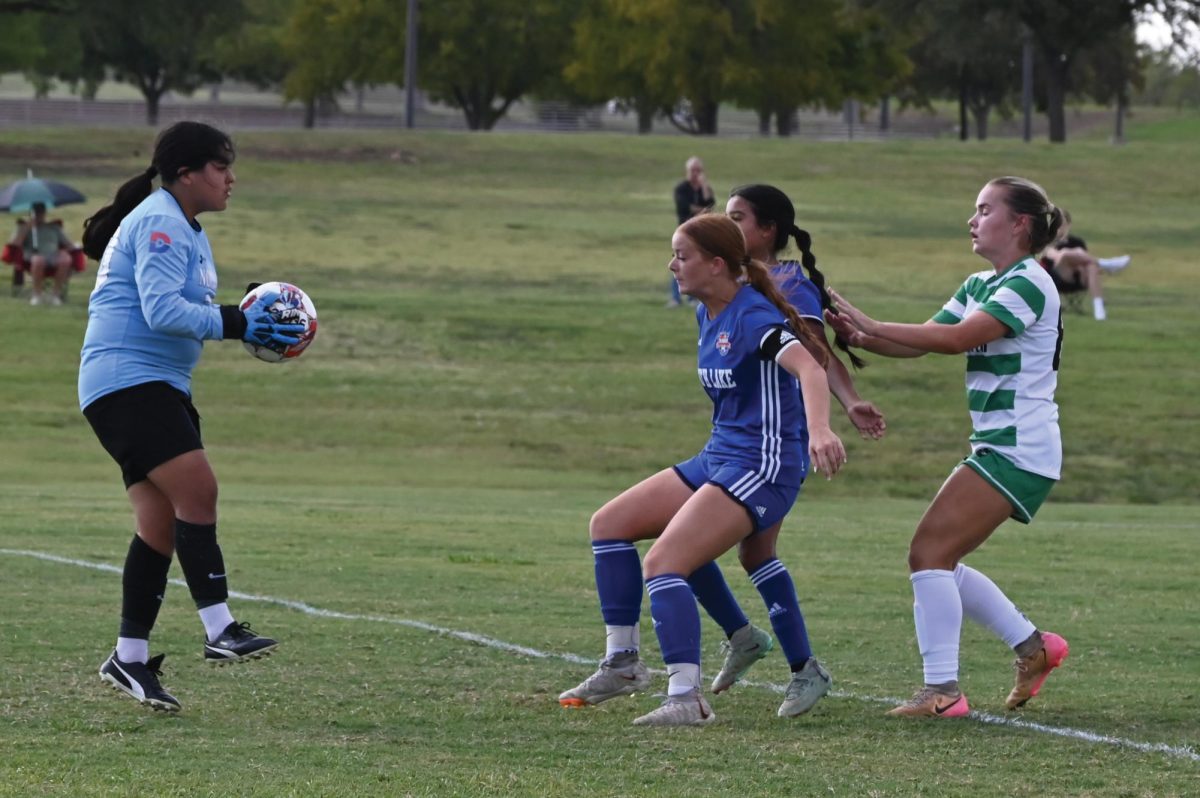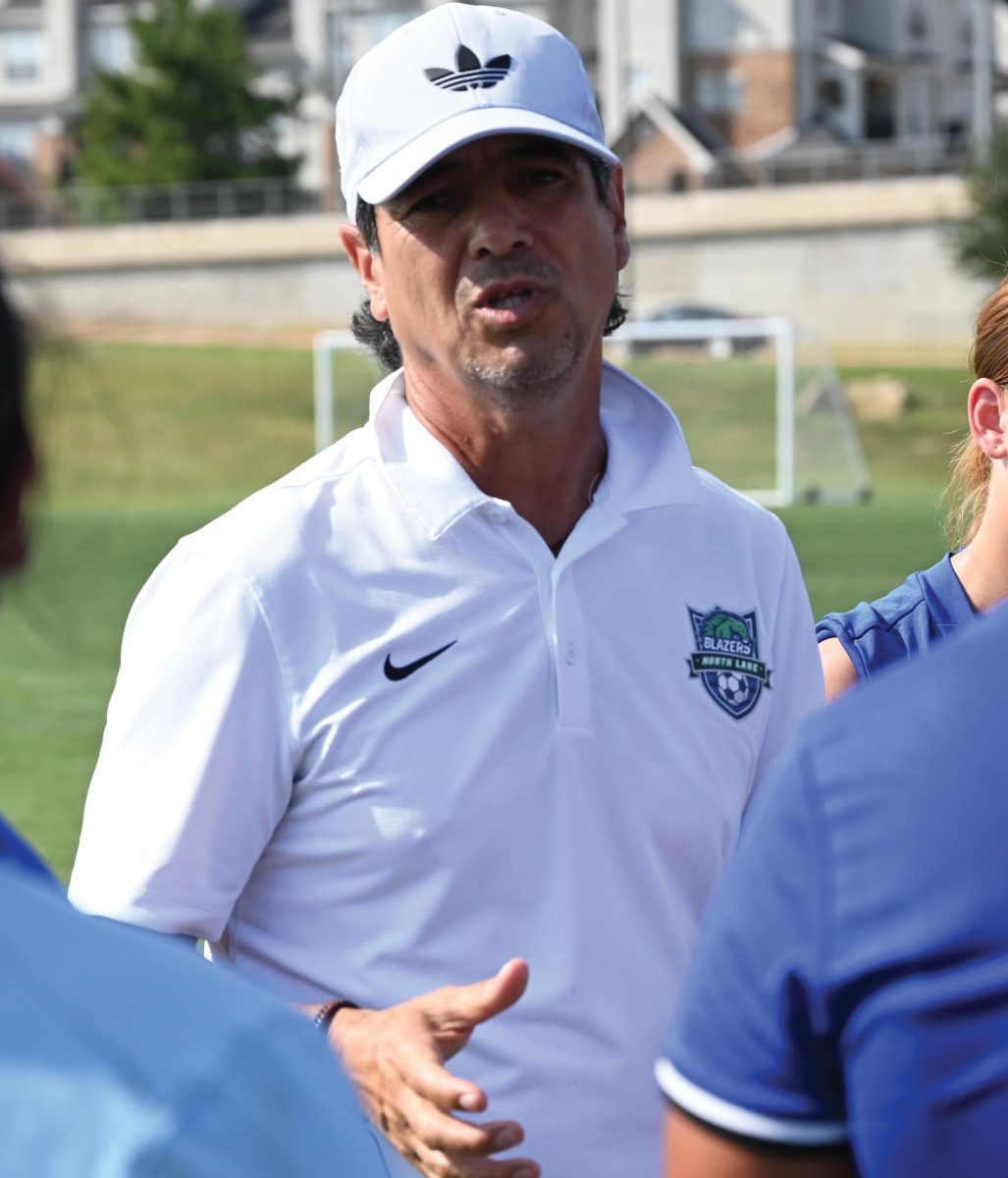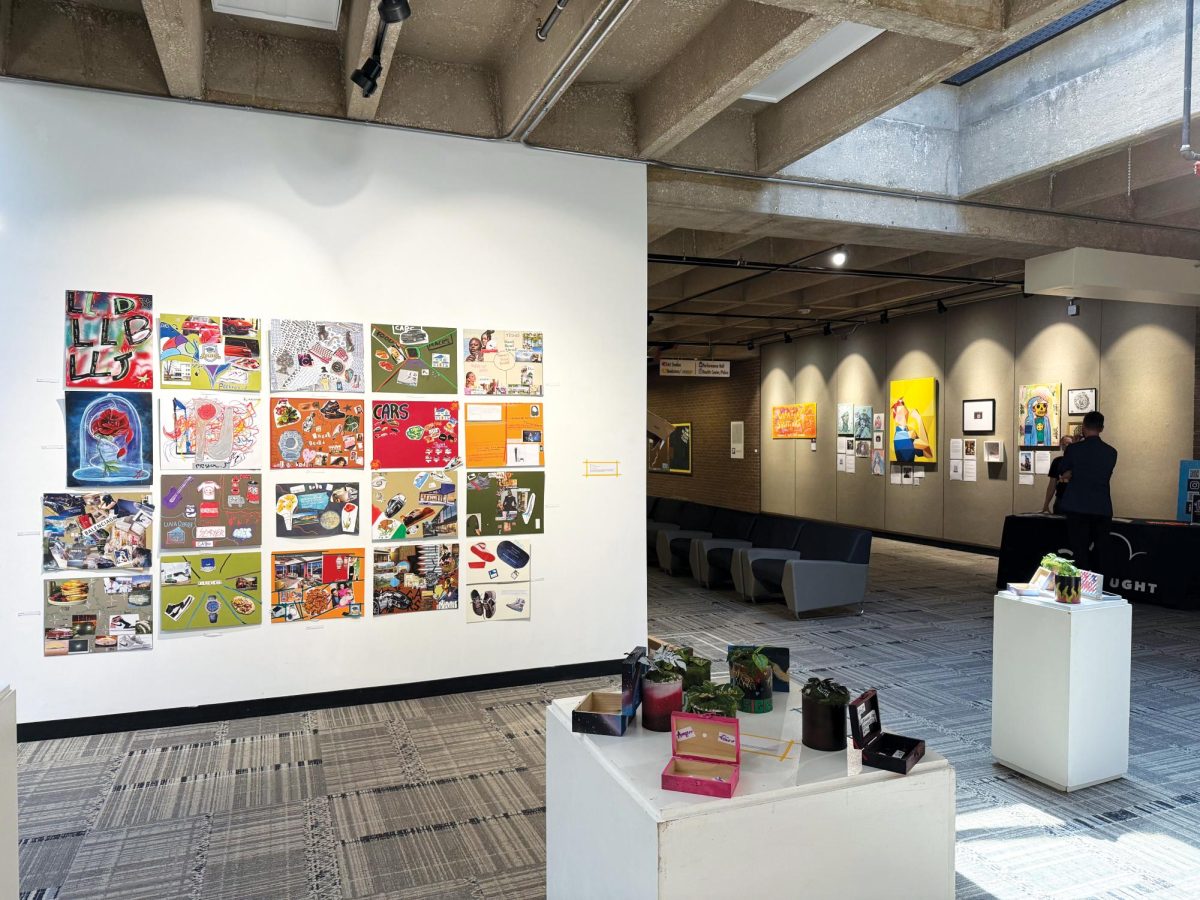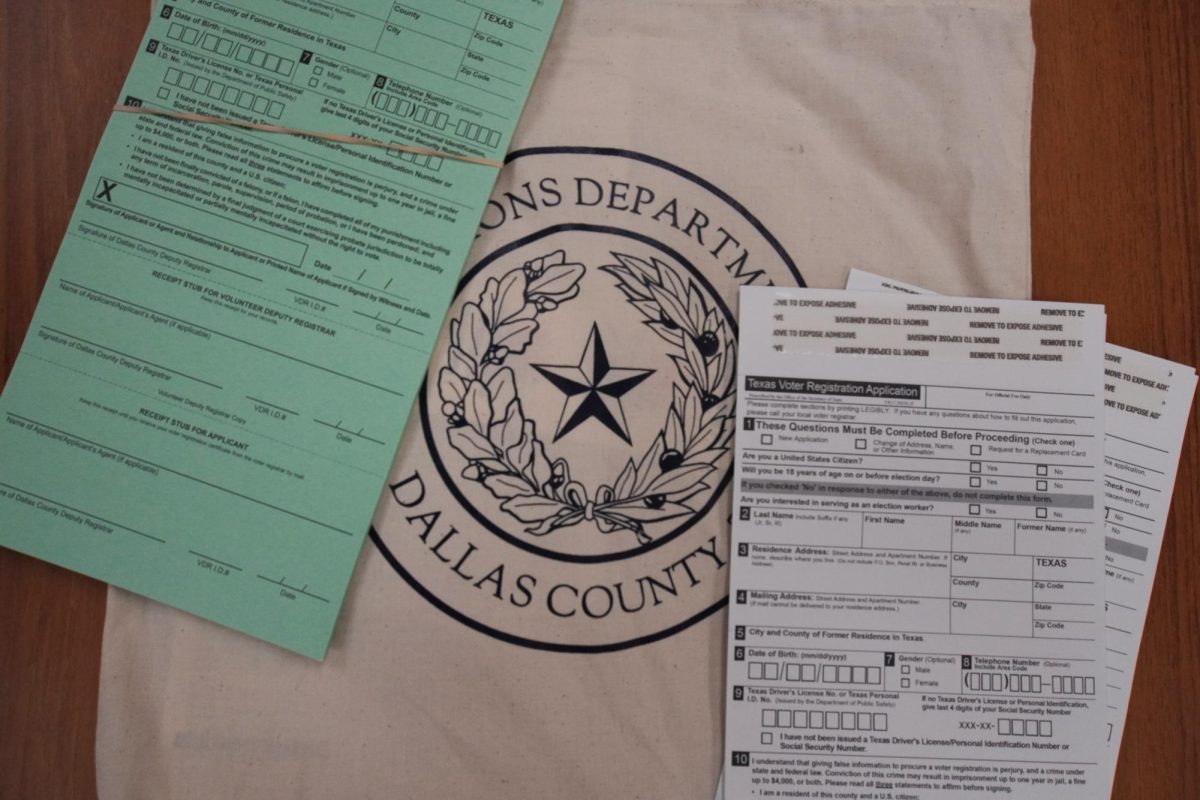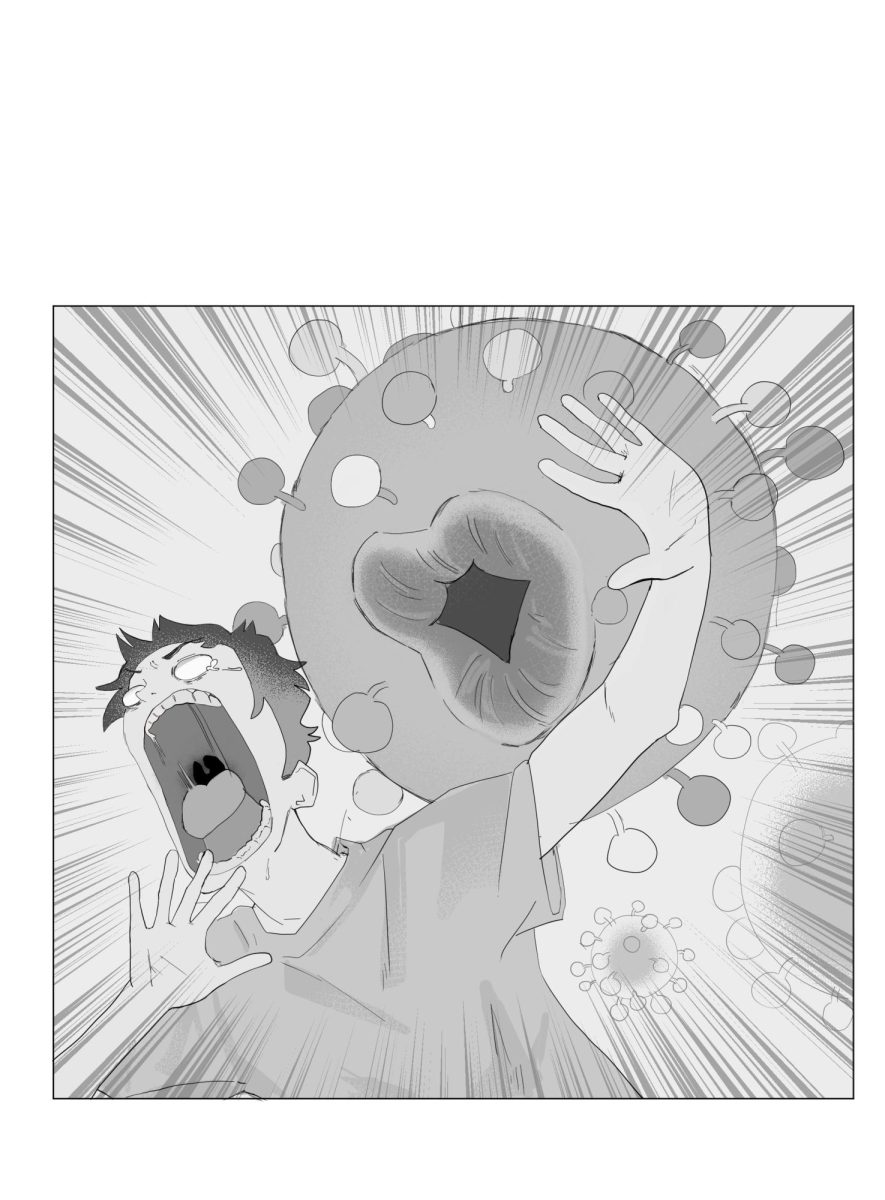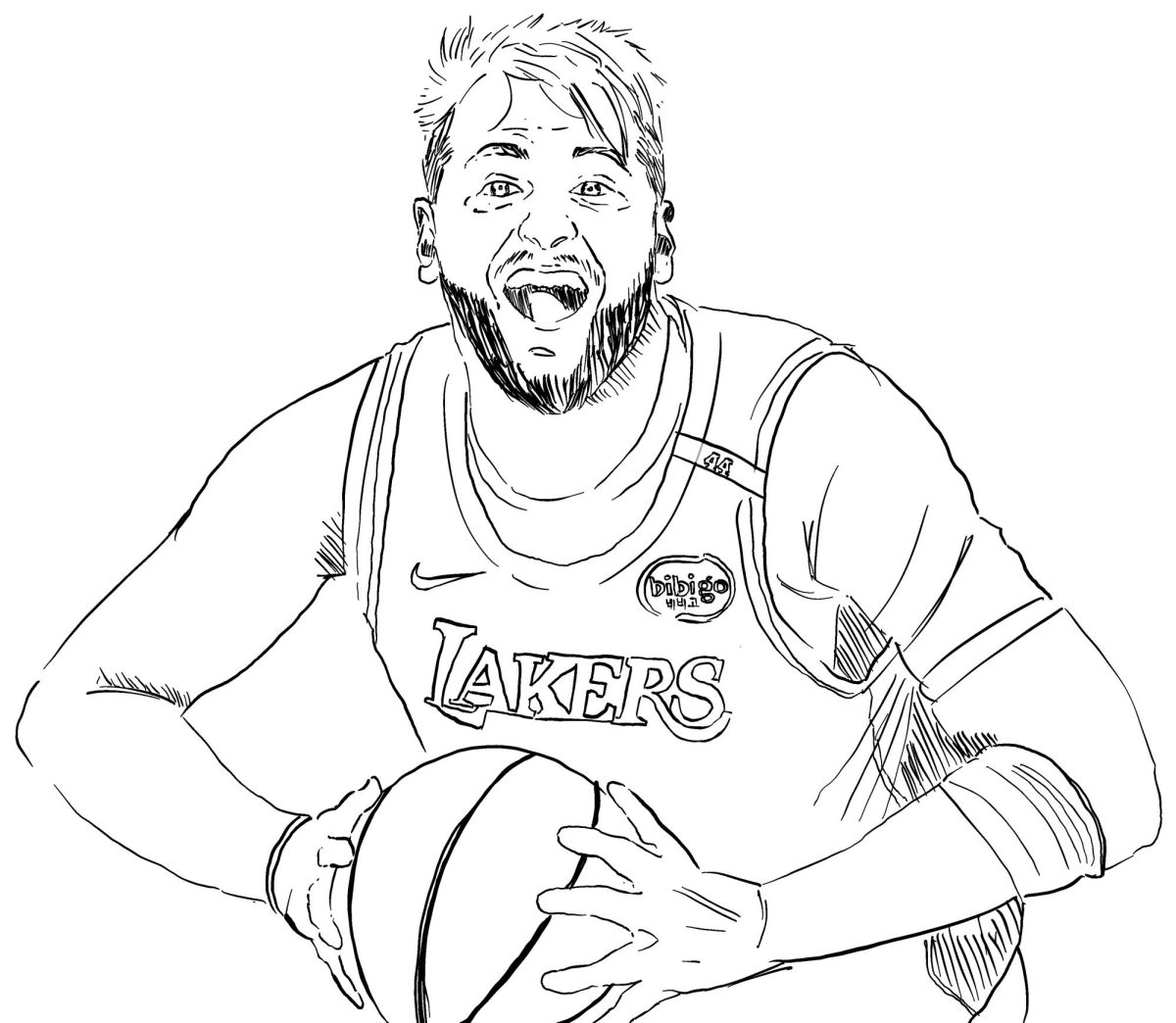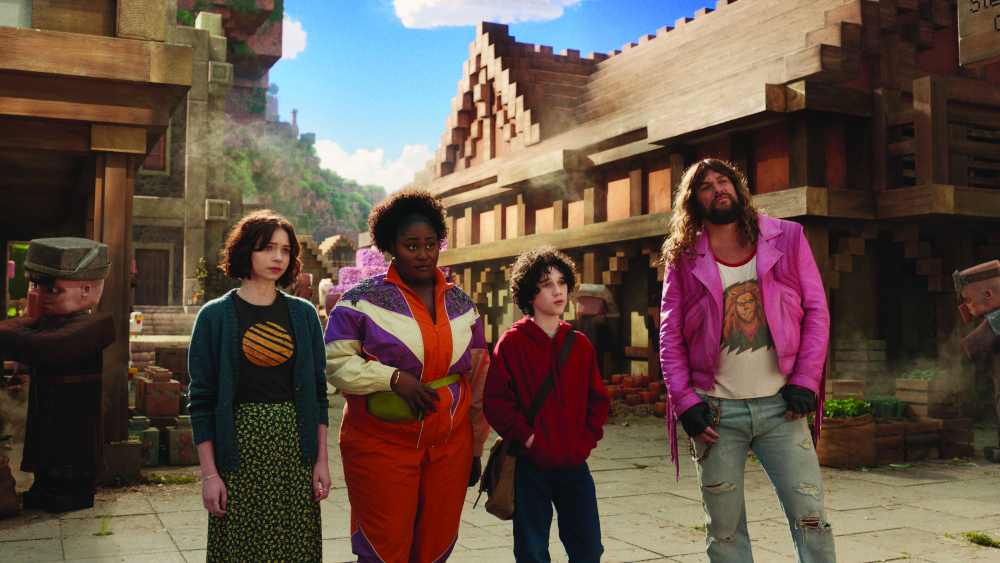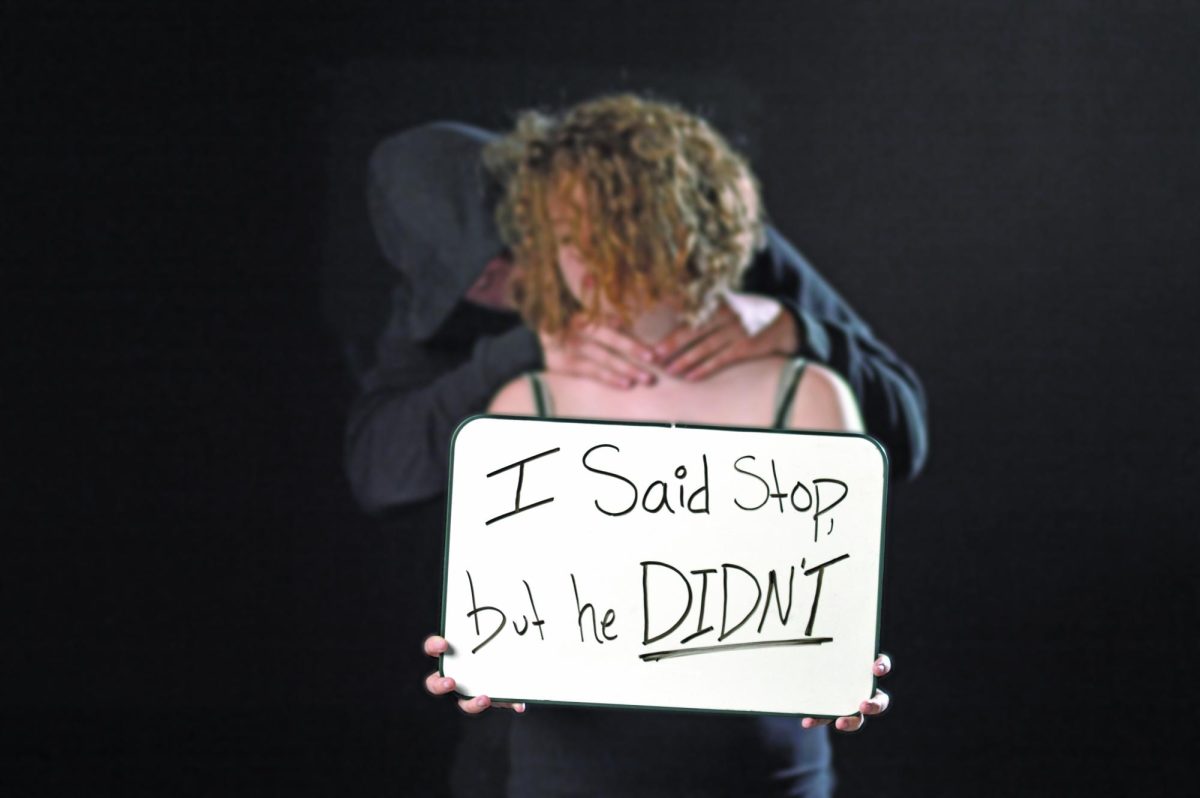*Trigger Warning*
There are words that can make an entire room go silent — words that bring fear, disgust and shame to a person. Words like “rape” and “abuse” have been hushed into oblivion, because people are not allowed to talk about what has happened to them.
If victims do not talk about their trauma, then it never happened and this is, unfortunately the world we have lived in for centuries.
Rape has recently become a topic of debate with movements, like #MeToo and It’s On Us, that try to “normalize” the word and allow victims to come forward.
On March 28, ABC aired the new Grey’s Anatomy episode called “Silent All These Years,” and it is being called the most powerful hour in TV history because it exposed the experience of a rape exam.
Camilla Luddington, who plays Jo, and Shonda Rhimes, the writer of Grey’s Anatomy, created an episode about sexual consent. ABC was against the idea at first, but when Rhimes insisted, the network agreed to air it.
The episode is about Abby
(Khalilah Joi), a woman who says she was hurt playing hockey with neighborhood kids, but was really raped. Jo is Abby’s ER doctor and they instantly connect, because Jo just found out her mom gave her up because she was born out of a rape.
After Jo tries to convince Abby to do an exam that would use a rape kit, she sits up and says to Jo, “We all know if I do that kit, it ends up in the back of some police station ignored for years, while I sit there wonder- ing when the bomb will go off.”
Eventually, Abby agrees to the exam and the show goes into graphic detail about how the rape kit is used in the exam and the effects it has on the victim. Everything this episode showed happens during a real rape kit exam and it is as traumatizing as the actual attack.
Abby expects the nurses and doctor to ‘just get it over with’ but, by law, the doctors have to ask before they start each step: “Are you ready?” And if the victim says ,“No” at any point, the doctors must stop.
The rape kit box comes with a checklist, instructions, documentation, envelopes, containers for blood samples and other evidence, swabs and a comb.
This can vary by state because of different rules, regulations and circumstances in each as- sault case.
The process of the exam and the use of the rape kit was the scene that tore me apart, be- cause the doctors and nurses did everything they could do
to make her feel safe. When she was ready for her surgery, they lined the walls with every woman who worked at the hospital so she didn’t have to see any men on the way to the operating room — after being raped it is common to see your attacker’s face everywhere. Those women were actually the cast and crew for the entire show — that is how powerful and important that scene was to them.
In real life, not all hospitals are so kind. When I walked into the ER after I was raped,
I remember trying to form the words to the front desk lady, but all I could see was the male security officers in the corner staring at me. My mind was racing and I just wanted to go home and shower.
Eventually, I was able to ex- plain what happened and they sent me to the waiting area with
forty other people. It felt like everyone was staring at me, like they knew what happened and they were disgusted with me. I was petrified.
Finally, a nurse came to get my information and vitals. Then she escorted me to another room where a doctor brought
in a small white box. I remember holding my legs to my chest and staring at the box. That tiny white box with the words “Rape Kit” IN HUGE BOLD BLACK LETTERS, sitting on the table in front of me while the doctor talked. I was frozen, I couldn’t move. I heard someone talking, but I couldn’t make out what they were saying.
Even though I was in a hospital room with a doctor, my mind and body felt like they were back in that room with him.
The scene was playing over and over on a loop, until the doctor opened the box and I was instantly brought back to reality and began falling apart.
I was in a room full of strangers, but in that box were all the tools the doctors would need
to help form a case and “prove” that my trauma and pain was real.
The nurses were kind and professional, but at the time I felt like everyone was judging me.
That’s because I grew up in a world where rape is not a topic you discuss. I could tell the doc- tor was getting agitated with me because I kept flinching, and that made it hard for her
to complete the exam, but I just wanted it to end.
It was extremely difficult try- ing to keep my mind in the now and not go back to the attack, because every sound, smell and touch was a rerun of what just happened.
My pain and trauma are real and I know it is real for mil- lions of other people, too. That is why I am glad Rhimes wrote this episode. The world needs to see and hear our pain and recognize that just because you do not see or hear about rape does not mean it does not happen.
North Lake College takes rape seriously and has many free programs to help students, faculty and staff in these situations. Some of the resources can be found below.
Don’t let fear keep you from finding your peace. Help is available to you.


